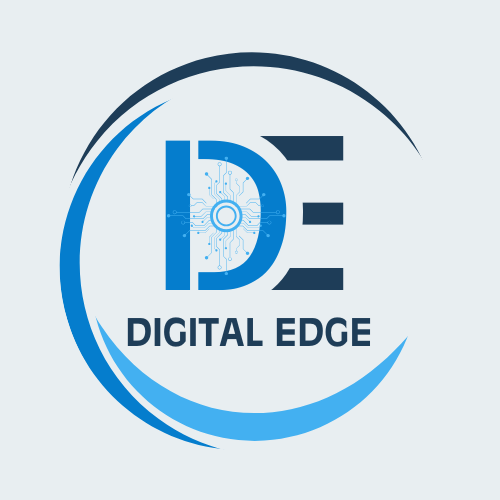In recent years , artificial intelligence (AI) has emerged as a transformative force across industries — and digital marketing is no exception. What was once considered a futuristic concept has now become an integral part of marketing strategies, revolutionizing how brands interact with customers, analyze data, and deliver personalized experiences.
1. Hyper-Personalization at Scale
Personalization has always been a cornerstone of effective marketing. Today, AI allows marketers to take it to an entirely new level. Through real-time data analysis and machine learning, AI can identify patterns in consumer behavior and tailor marketing messages accordingly.
2. Smarter Data Analytics and Predictive Insights
Digital marketing produces an overwhelming amount of data. AI helps marketers make sense of this data through advanced analytics and predictive modeling. Instead of relying on historical performance alone, AI enables businesses to forecast future outcomes based on trends, customer interactions, and behavioral signals.
3. AI-Powered Chatbots and Conversational Marketing
Customer service and engagement have been revolutionized by AI-powered chatbots. These virtual assistants offer real-time responses to customer queries, guide users through sales funnels, and even complete transactions — all without human intervention.
4. Enhanced Content Creation and Curation
While creativity remains a human forte, AI is increasingly assisting in content generation and optimization. Tools like ChatGPT, Jasper AI, and Copy.ai help marketers write blog posts, social media captions, ad copy, and more — often in seconds.
5. Programmatic Advertising and Real-Time Bidding
Programmatic advertising — the automated buying and selling of online ads — has become smarter with AI. Algorithms can instantly assess massive amounts of data to determine which ad to show, to whom, and at what time, optimizing ad spend and targeting.
6. Visual Recognition and AI in Social Media
AI’s visual recognition capabilities are transforming how brands analyze and engage with visual content. Image and video recognition technologies can identify brand logos, products, and even sentiments in user-generated content across social media platforms.
7. Voice Search and AI-Driven SEO
As voice-activated devices like Siri, Alexa, and Google Assistant become more prevalent, voice search optimization has become an important aspect of digital marketing. AI enables marketers to understand how users phrase queries in spoken language, which often differs from typed searches.
8. Improved ROI Through Marketing Automation
AI-powered marketing automation platforms streamline repetitive tasks such as email marketing, social media posting, and customer segmentation. Tools like HubSpot, Salesforce, and Marketo use AI to nurture leads through personalized workflows and automated follow-ups.
Challenges and Ethical Considerations
Despite its benefits, AI in digital marketing is not without challenges. Data privacy concerns, algorithmic biases, and overreliance on automation can lead to ethical dilemmas and reduced trust if not managed properly.
Marketers must ensure transparency in data usage, maintain human oversight, and strike a balance between automation and personalization. As regulations like GDPR and CCPA evolve, compliance and responsible AI use will become even more critical.
Conclusion
AI is not just a trend — it’s the future of digital marketing. Its ability to analyze data, predict behavior, personalize experiences, and automate tasks has made it an indispensable tool for modern marketers.
As technology advances, the marketers who embrace AI and adapt to its capabilities will be best positioned to lead in the digital-first world. However, the human touch will always remain essential — AI is here to augment, not replace, human creativity and intuition.

